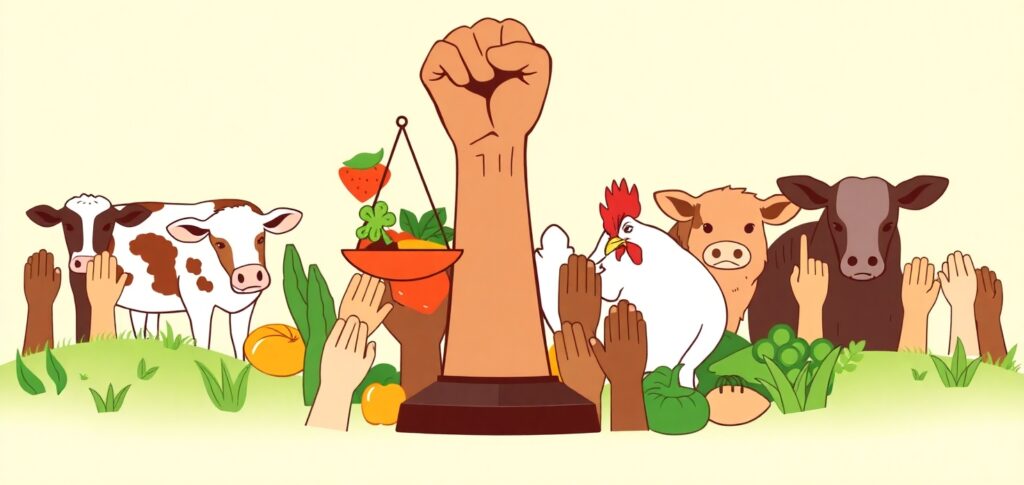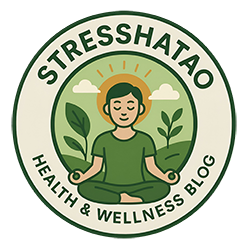6 Essential Steps : Animal Welfare for Social Equity

People have a responsibility to protect animals good health and welfare. Our lives and health linked to animals. Animals provide us nutritious food and contribute to the incomes of over a billion people around the world. Animals can also become sick and, in some cases, that illness can spread to people.
1. Factory farming as a dual threat
People have a responsibility to protect animals good health and welfare. Our lives and health linked to animals. Animals provide us nutritious food and contribute to the incomes of over a billion people around the world. Animals can also become sick and, in some cases, that illness can spread to people.
Factory farming continues to grow around the world as a low-cost way of producing animal products for human consumption. many of the practices associated intensive animal farming have been criticized by public health professionals and animal welfare advocates.
